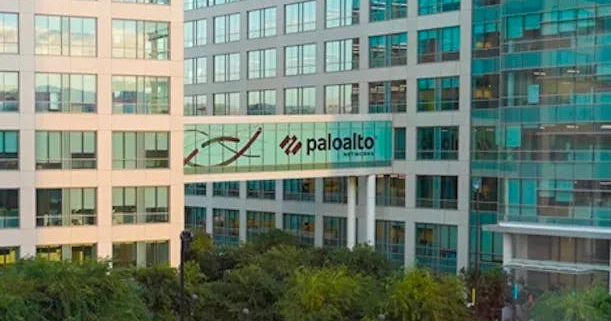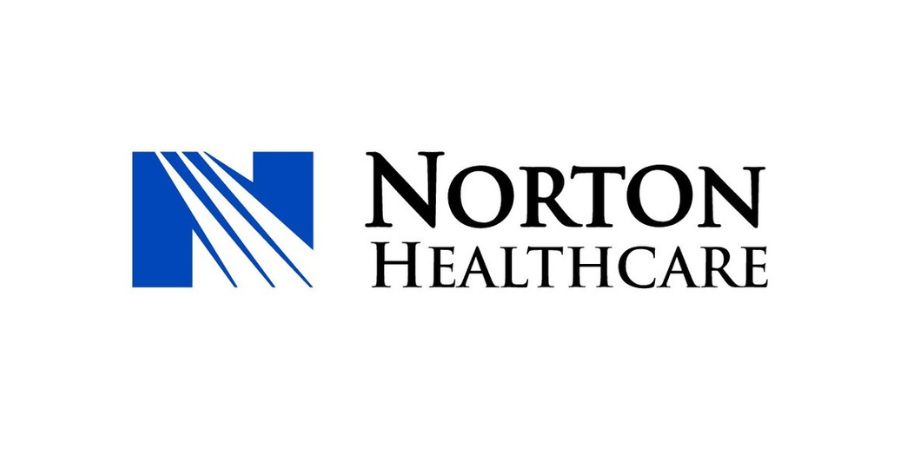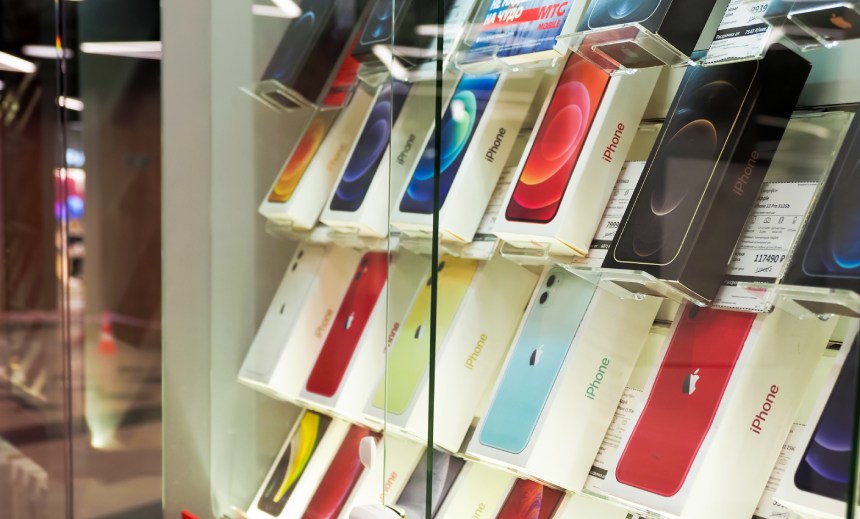Palo Alto Networks Discloses Exploitation Of ‘Critical’ Zero-Day Flaw Impacting PAN-OS
The company says that exploits of the vulnerability have been ‘limited’ so far.

Palo Alto Networks disclosed Friday that a “critical” zero-day vulnerability affecting several versions of its PAN-OS firewall software has seen exploitation in attacks.
In an advisory, the cybersecurity giant said it is “aware of a limited number of attacks that leverage the exploitation of this vulnerability.”
[Related: Fortinet Discloses Vulnerabilities In FortiOS, FortiProxy, FortiClient Linux And Mac]
Exploits of the flaw “may enable an unauthenticated attacker to execute arbitrary code with root privileges on the firewall,” Palo Alto Networks said in the advisory.
The vendor said the vulnerability (tracked at CVE-2024-3400) has been rated as a “critical” severity issue. Patches are not yet available but are expected to be released by this coming Sunday, April 14.
Palo Alto Networks provided several recommended workarounds and mitigations for the issue, including temporarily disabling firewall telemetry.
In a statement provided to CRN Friday, Palo Alto Networks said that “upon notification of the vulnerability, we immediately provided mitigations and will provide a permanent fix shortly.”
“We are actively notifying customers and strongly encourage them to implement the mitigations and hotfix as soon as possible,” the company said.
The vulnerability was found in the GlobalProtect feature in PAN-OS firewalls, the company said. The flaw affects the PAN-OS 10.2, PAN-OS 11.0 and PAN-OS 11.1 versions of the firewall software.
“Cloud NGFW, Panorama appliances, and Prisma Access are not impacted by this vulnerability,” the company said. “All other versions of PAN-OS are also not impacted.”
Palo Alto Networks credited researchers at cybersecurity firm Volexity for discovering the vulnerability. In December, Volexity researchers discovered vulnerabilities affecting Ivanti Connect Secure VPN devices, which went on to see mass exploitation by threat actors.



